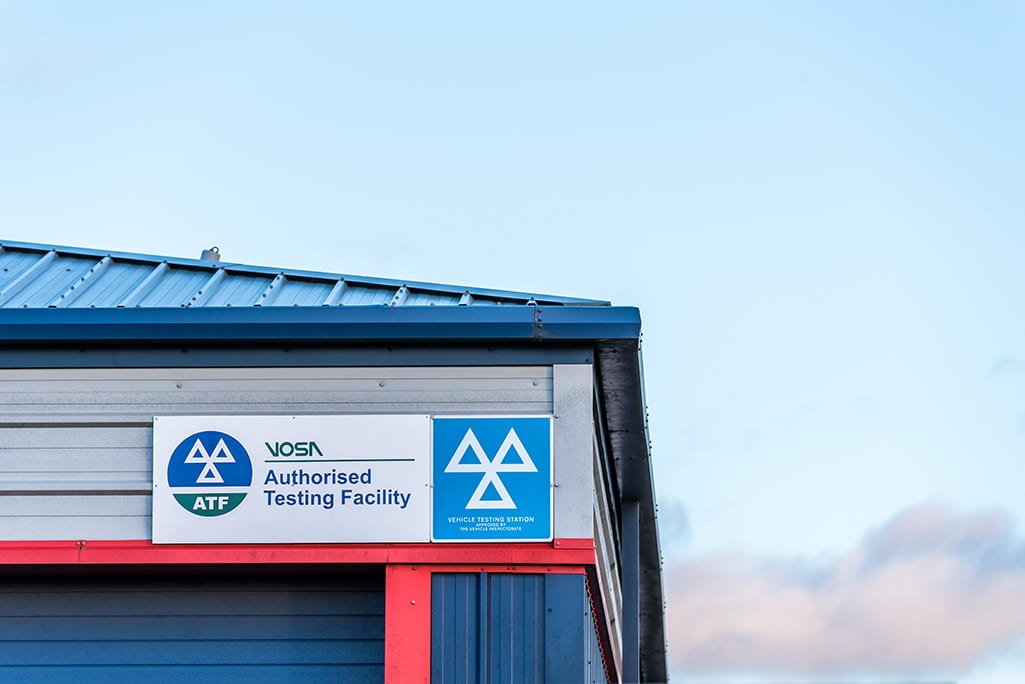The measures that the UK government is taking to contain the coronavirus COVID-19 pandemic are having a devastating effect on small businesses, particularly those in the passenger transport sector as demand, even for local travel, has all but collapsed.
Small coach operators are among those most at risk from cash flow problems. Not all of them have the financial resources to withstand a sustained shortfall in revenue. The risk became particularly acute at the end of March, when staff wages and other quarterly financial obligations fell due.
Although the government has made numerous commitments to assist businesses, including a suggestion by Secretary of State for Transport Grant Shapps that some transport operators could be temporarily nationalised, these may not be enough to save all of those affected.
What has thus far been lacking from the government is practical guidance on what businesses should be doing now to minimise the impact of the disruption and to protect themselves against the worst outcomes. What can companies do?
Proper planning is key
As the situation continues to escalate rapidly, it is advisable to put a plan in place as soon as possible.
That should involve putting together a short-term weekly cash flow forecast covering a 13-week period, based on official guidance that coronavirus COVID-19-related disruption is likely to last for at least the next three months.
Businesses should also identify their critical receipts and outgoings and cut any discretionary spending where possible.
Operators will be aware that they have legal obligations to maintain a sufficient level of financial standing throughout the life of their operation.
The Senior Traffic Commissioner has confirmed that Traffic Commissioners (TCs) will consider giving operators a period of grace in relation to financial standing, but they must contact the TC in writing and request that period of grace.
The last week of March was a crucial period as it included a traditional rent quarter day (25 March) as well as other recurring month-end costs. That is particularly pertinent for operators that lease their operating centre. We recommend that operators engage with their landlord at the earliest opportunity if there are difficulties with paying rent.
If the operating centre can no longer be accessed due to the current crisis, the TC may again consider granting a period of grace. They should be contacted at the earliest opportunity.
In some cases, operators will lease vehicles from third parties. They should contact the leasing company if they have difficulties with making those payments. It may also be possible to mothball or sell some non-core assets/business units, although selling may prove challenging in the current climate.
Committees and communication
A steering group of senior operations staff should be mobilised to manage the impact of the virus, and associated political measures, on the business.
Managers and their HR professionals should consult with staff and discuss temporary or permanent payroll reductions, or changes to working practices to help ease the pressure on cash flow.
It is possible that employees and workers are exposing themselves to risk. Operators should be diligent and any employee or worker displaying symptoms should be required to self-isolate.
A Transport Manager (TM) that falls within an ‘at risk’ group which will affect his or her ability to attend work should notify the TC. The TC will then need to take a view of what is practical in the circumstances for the TM to meet his or her statutory duty.
TMs in ‘at risk’ groups are invited to make proposals to the TC on how they will fulfil those statutory duties. The TC may grant a period of grace after considering all the circumstances.
It is important to be honest and to seek input from colleagues, but taking advice from an employment law specialist is useful in making difficult decisions for the company and its employees.
It is also wise to reassure your customer base and to consider how you might be able to continue providing services to them, and to let them know how you plan to do that by preparing and distributing a business continuity statement.
Where appropriate, seek customers’ consent to hold onto deposits or advance payments for postponed services or deliveries.
Checking contracts
Businesses need to look at what their contracts say in terms of force majeure clauses and insurance provisions.
It is worth bearing in mind that force majeure clauses are not designed to deal decisively with situations like that created by the coronavirus COVID-19 pandemic. Rather, they are intended to invite potentially protracted discussion or argument about whether, in fact, a force majeure event has arisen.
From that perspective, it may be more helpful to explore what other options your contracts and relationships will allow for to deal with the situation.
On insurance, notwithstanding that policies with a Notifiable Disease Extension are unlikely to cover losses caused by coronavirus COVID-19 – as these extensions are limited to known diseases – it is best to ascertain a company’s level of cover early on, rather than proceed on the assumption that losses will be reimbursed.
Payment flexibility
It may be necessary to speak to creditors and renegotiate payment terms, but businesses should not be too hasty in taking that step. They should consider all the above recommendations first.
Where creditor conversations are warranted, companies can approach lenders for support on existing facilities and explore what other options may be available.
Where rent is due, under the current circumstances, businesses should not be afraid to discuss rent deferrals or adjusted payment terms with landlords. General speaking, it is in a landlord’s interest to be pragmatic and to work with tenants to keep them in place.
Businesses can also seek to extend supplier payment terms if necessary, and contact HMRC and other government departments about Time to Pay arrangements and the additional support packages announced by the Treasury.
While all of the above are sensible and potentially inevitable steps for struggling businesses, it is important to bear in mind that opening or agreeing to such negotiations may have a detrimental impact on financial covenants – so it is best to seek advice before embarking on these discussions.
Seek professional assistance
Although the situation continues to change, as things stand the best recommendation for transport companies facing financial difficulties is to seek timely, professional advice.
While the suggestion of paying for assistance at a time of rapidly dwindling cash reserves will likely be unpalatable to many, the receipt of astute, expert guidance can help businesses to save money further down the line.




























